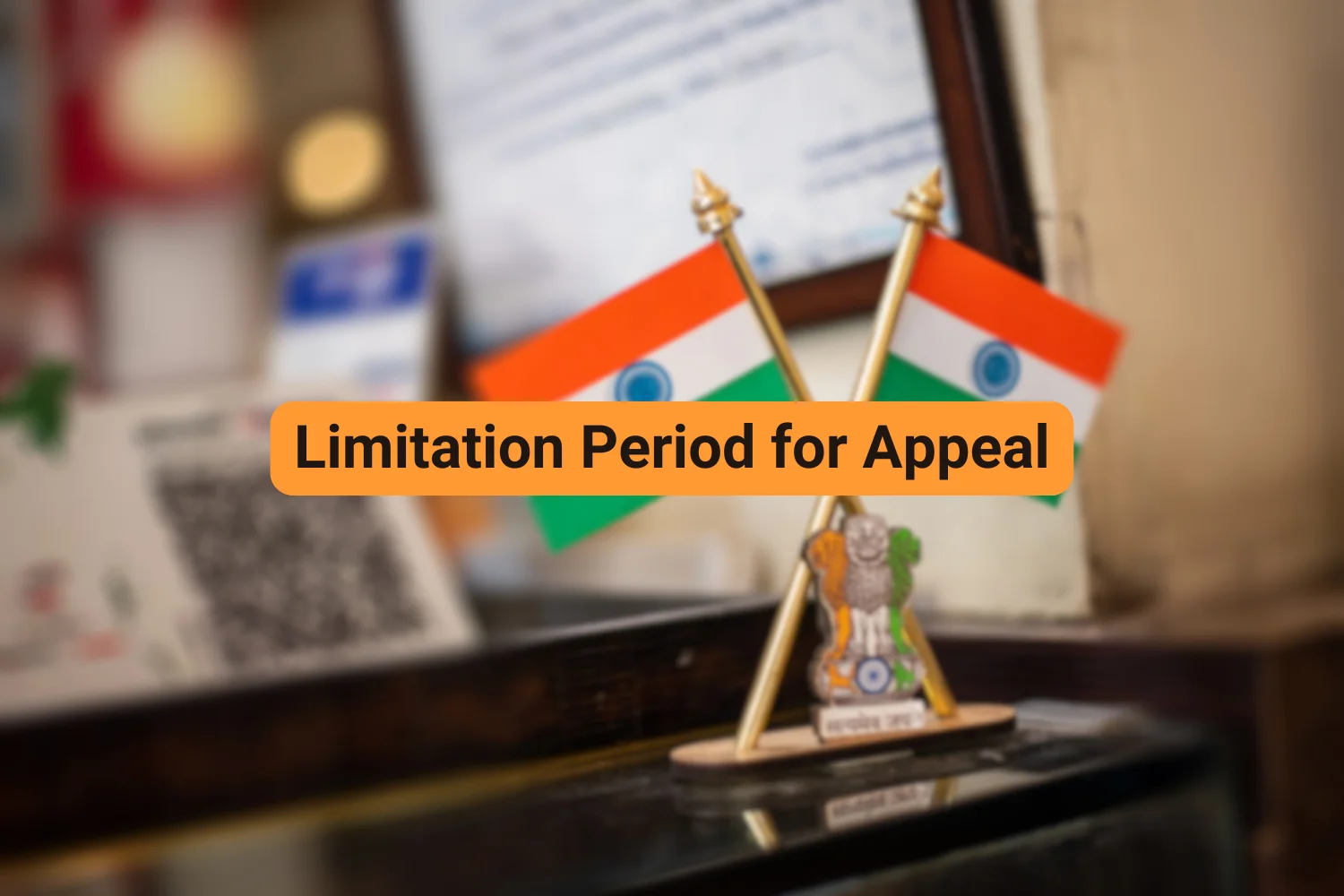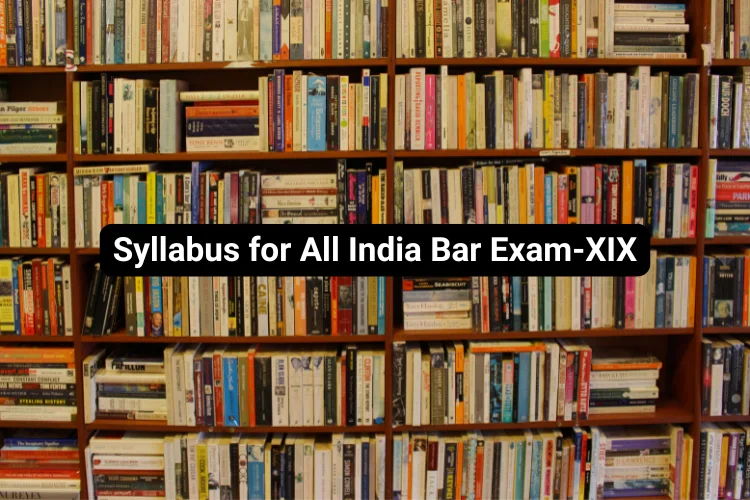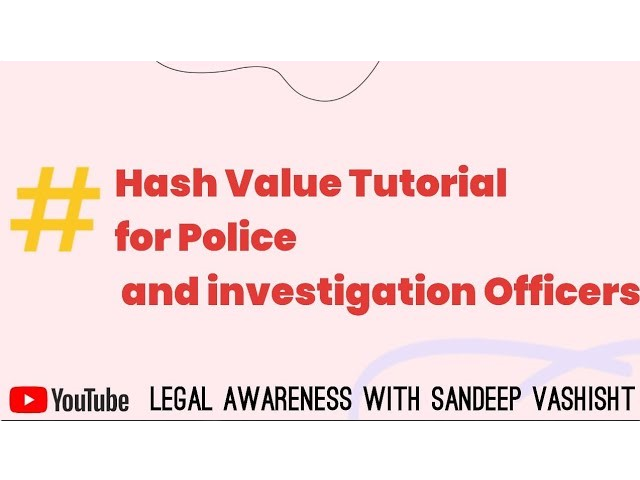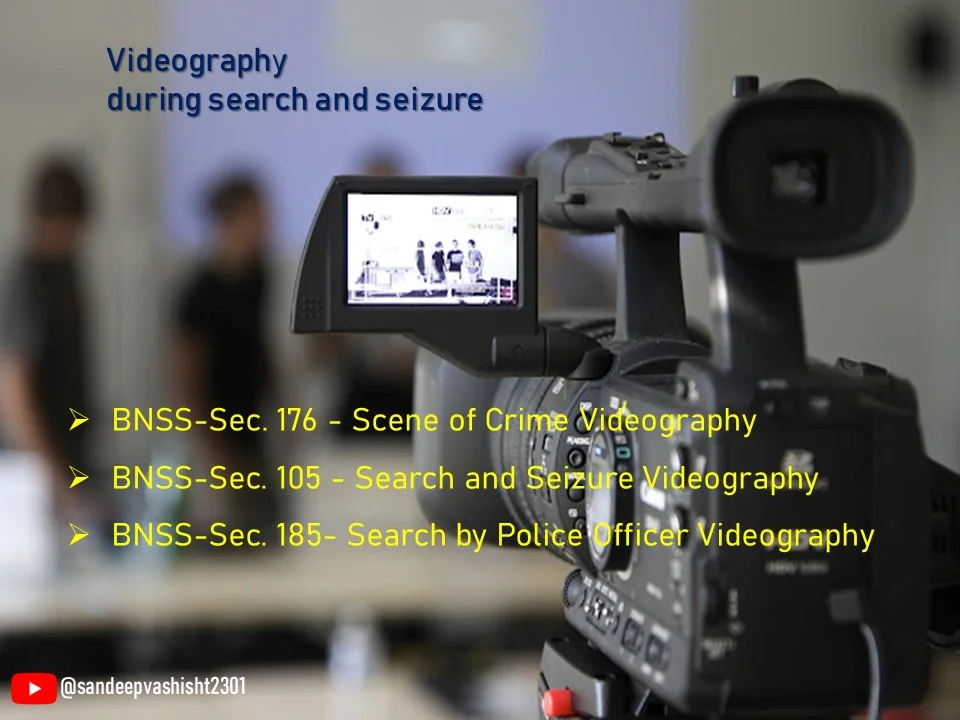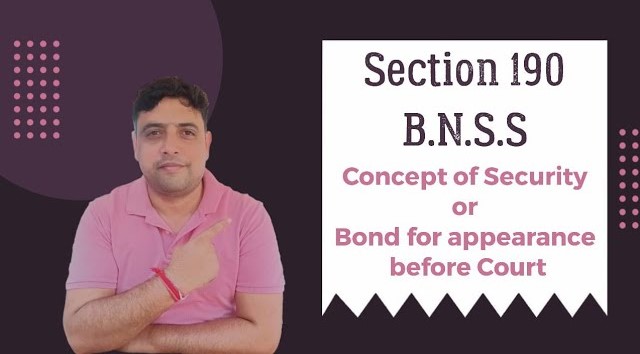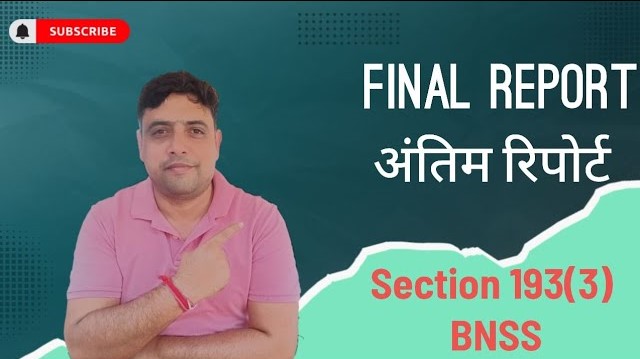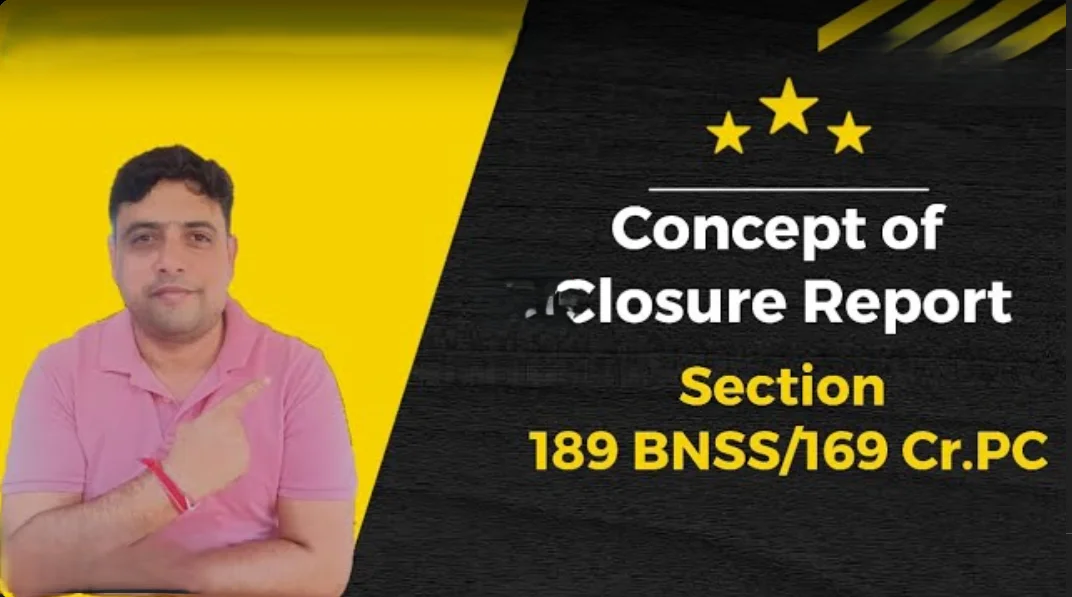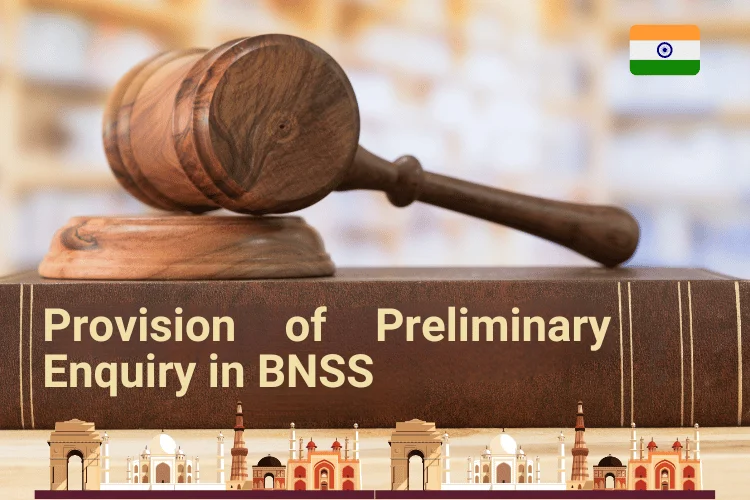Remedies Available to an Advocate Against Punishment for Misconduct
There are following remedies available to advocate who was punished for professional misconduct
- Appeal to the Bar Council of India (Section 37 of the Advocates Act)
Who can Appeal?
- Any person aggrieved by an order of the State Bar Council's disciplinary committee under Section 35.
- The Advocate General of the State.
Time Limit: Within 60 days of receiving the order.
Procedure for Filing an Appeal (as per Rules framed by BCI)
Form of Appeal: Must be a memorandum.
Language: English, with a translated copy if submitted in another language.
Parties: Only those involved in the original proceedings. (In case of the complainant's death, legal representatives become parties).
Filing the Appeal:
- In person at the BCI office.
- By registered post with acknowledgment due.
May be admitted after the deadline with a valid reason and affidavit supporting the delay.
Contents of Memorandum of Appeal (Rule 21)
- Authenticated/certified copy of the order appealed against, signed by the Disciplinary Committee Registrar.
- Five additional copies of the memorandum and order (one respondent) or more copies for additional respondents (all certified true copies).
- Prescribed fee in cash.
Hearing the Appeal (Rule 23-25)
- Disciplinary Committee Chairman sets the date, time, and location.
- Appellant files six typed sets of documents for the committee and parties:
- Complaint and advocate's defense statement.
- Oral and documentary evidence.
- Other relevant papers.
- Respondent may also file relevant documents upon request.
- Registrar notifies parties of the hearing date, time, and location.
- A copy of the memorandum is sent to the respondent with the notice of appeal.
Withdrawal and Abatement (Rule 26): Appeals cannot be withdrawn due to settlement or compromise.The appeal abates upon the advocate's death (as far as they are concerned).
Powers of the Disciplinary Committee of BCI (Rule 30A):Have all the powers of a Civil Court or Court of Appeal under the Civil Procedure Code (CPC).
Communication of Order (Rule 31):
- The order disposing of the appeal is communicated to the parties.
- The order date is when it's received by the BCI office after being signed by all committee members.
Possible Orders on Appeal: The BCI's disciplinary committee can pass any order they deem fit, including modifying the punishment awarded by the State Bar Council's committee. However, they cannot vary the order in a way that prejudices the aggrieved person without providing them a chance to be heard.
Confidentiality (Rule 33): All proceedings before the Disciplinary Committee are held in camera (private).
- Appeal to the Supreme Court (Section 38 of the Advocates Act)
Who Can Appeal?
- Any person aggrieved by an order of the BCI's disciplinary committee under Section 36 or 37.
- The Attorney-General of India or the Advocate-General of the State.
Time Limit: Within 60 days of receiving the order.
Scope of Review by Supreme Court: The Supreme Court generally won't interfere with concurrent findings of fact by:
- Disciplinary Committee of the BCI.
- State Bar Council.
Exceptions may occur if the findings are based on:
- No evidence.
- Mere conjectures or unwarranted inferences.
The Supreme Court defers to the "peers" who tried the lawyer and won't overturn findings simply because they might reach a different conclusion upon re-evaluating the evidence.
Landmark Cases
- V.C. Rangadurai v. D. Gopalan & Ors.: Established the Supreme Court's limited role in reviewing concurrent findings.
- Supreme Court Bar Association v. Union of India: Differentiated the Court's power under the Contempt of Courts Act (suspending licenses) and its appellate power under the Advocates Act (suspending licenses).
- Rajendra Pai v. Alex Fernandes and Ors.: Demonstrated the Court's potential to intervene in extreme cases, reducing punishment from removal to a 7-year suspension.
Stay of Order (Section 40):An appeal doesn't automatically stay the original order. The BCI's Disciplinary Committee or the Supreme Court can grant a stay for sufficient cause and set terms/conditions. An application for a stay requires an affidavit, fee, and copies for all respondents.
- Review of Orders by Disciplinary Committee (Section 44 & BCI Rules)
Power to Review Orders (Section 44)
The Advocates Act (Section 44) empowers a Bar Council's Disciplinary Committee to review its own orders within 60 days, under these conditions:
Initiation: The review can be initiated by the committee itself (suo motu) or upon an application.
BCI Approval: The State Bar Council's reviewed order requires approval by the Bar Council of India (BCI) to take effect.
BCI Rules for Review Proceedings (Chapter II, Part VII):The BCI has established detailed procedures for review applications through its rules:
Application for Review (Rule 1-3):
- Form: A petition signed and supported by an affidavit.
- Filing: Within 60 days of the order sought to be reviewed.
- Fee: Must be accompanied by the prescribed fee.
- Content:
- Include a certified copy of the order being challenged.
- Five additional copies of the application, affidavit, and order.
- If multiple respondents, provide additional copies for each.
- Clearly state the grounds for review.
- Mention any related proceedings and their outcomes.
Proceedings (Rule 4-5):
Response by Committee:The committee may summarily reject the application. If not summarily rejected, or if initiated suo motu, the committee will notify:
Parties involved:
- Advocate-General (concerned State).
- Additional Solicitor-General of India (for Delhi Bar Council).
Hearing and Decision: After the hearing, the committee can:
- Dismiss the application.
- Allow the review and send a copy of the order with relevant records to the BCI for approval.
BCI Approval:The BCI can either approve or reject the State Bar Council's reviewed order.
Communication of Decision:The State Bar Council will inform the parties of the BCI's decision:
- If approved, the reviewed order is communicated.
- If not approved, the original order remains in place.
"Empowering your legal journey, one resource at a time. Welcome to Vidhoon, your trusted hub for
comprehensive law notes, practical guidance, and expert support.
Explore, learn, and succeed with us!







